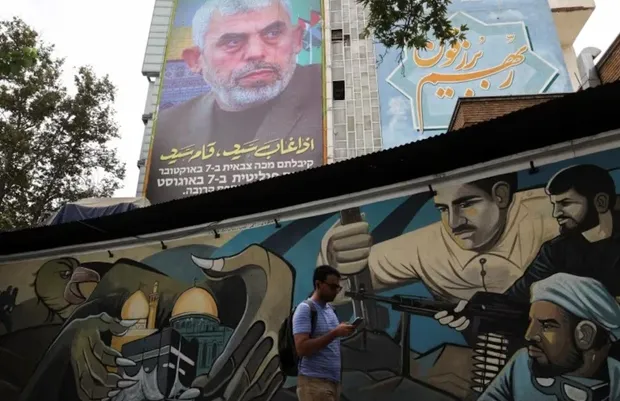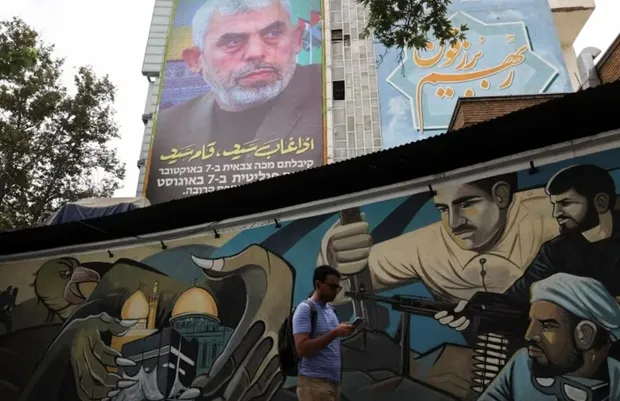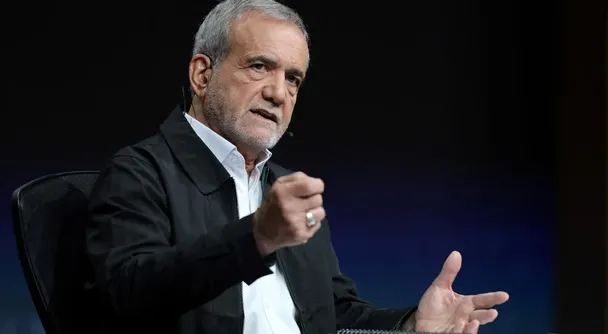
Iran Reveals Key Condition to Avert Retaliatory Attack on Israel
Tensions continue to escalate between Iran and Israel following the assassination of Hamas leader Ismail Haniyeh in Tehran. According to three senior Iranian officials, only a successful ceasefire agreement in Gaza can delay Iran’s planned retaliation against Israel
High-Stakes Negotiations in Gaza
Israel and Hamas are set to engage in crucial talks on August 15, focusing on a potential ceasefire and prisoner exchange deal. Iranian officials, speaking to Reuters, emphasized that the outcome of these negotiations will determine whether Iran proceeds with its planned military response.
The assassination of Ismail Haniyeh in late July has significantly heightened tensions, with Iran directly accusing Israel of the attack and vowing retaliation. However, Israel has neither confirmed nor denied involvement in the incident.
Iran and Allies Poised for Action
A senior Iranian security official stated on August 13 that Iran, in collaboration with allies such as Hezbollah, would launch a direct attack on Israel if the Gaza negotiations fail. The official also warned that any perceived delays by Israel in the talks could prompt immediate action, although the exact timeline for such a response remains unclear.
Diplomatic Efforts to De-escalate Tensions
In a related development, the U.S. Ambassador to Turkey confirmed that Washington is urging allies to persuade Iran to de-escalate the situation. Regional sources have also reported ongoing dialogues with Tehran aimed at preventing further escalation before the Gaza ceasefire talks.
Iran’s delegation at the United Nations expressed hope that their response would be “timed and executed” in a manner that does not jeopardize a potential ceasefire. However, on August 13, Iran’s Foreign Ministry declared that calls for restraint were “contrary to the principles of international law.”
U.S. and International Perspectives
On the same day, U.S. President Joe Biden echoed sentiments similar to those expressed by Iranian officials. Speaking to reporters in New Orleans, Biden stated that he does not expect Iran to retaliate against Israel if the Gaza ceasefire agreement is reached, adding, “That is my expectation.”
Vedant Patel, Deputy Spokesperson for the U.S. Department of State, also commented that a ceasefire agreement in Gaza and the release of hostages would “create the conditions for diplomacy to pull the region out of the cycle of violence.”
Iran’s Stance on Retaliation

In a phone call with Cardinal Pietro Parolin, Vatican Secretary of State, Iranian President Masoud Pezeshkian reiterated Iran’s intention to punish Israel, condemning the assassination of Haniyeh in Tehran as an “act of aggression.”
President Pezeshkian asserted that Iran has a “legitimate right” to retaliate against Israel, citing international norms and laws that grant nations the right to respond to acts of aggression.
“The right to retaliate against an aggressor is reserved for any nation that has suffered aggression,” Pezeshkian told Iran’s state news agency IRNA.
The Iranian President also accused Western support for Israel and international silence on the matter of encouraging Israel to continue its “wrongful actions.”



